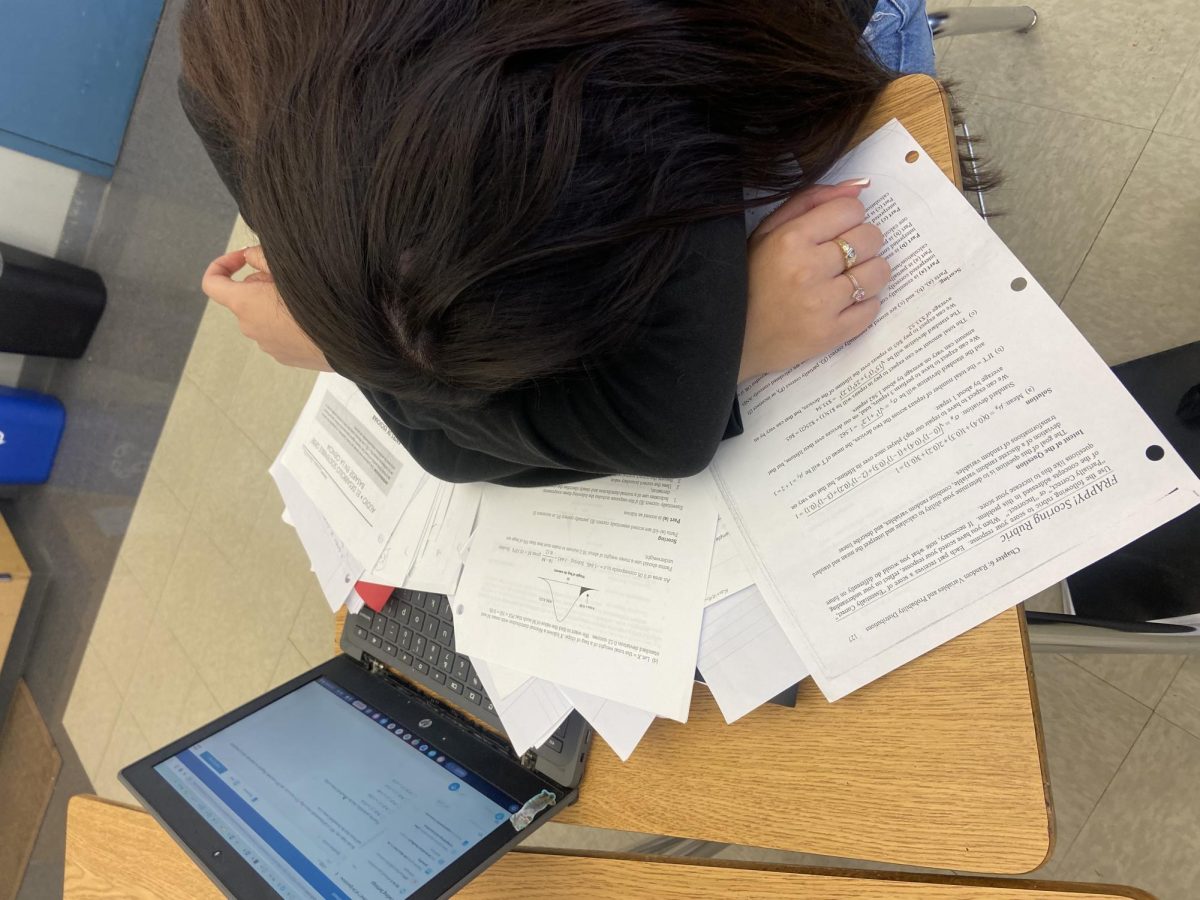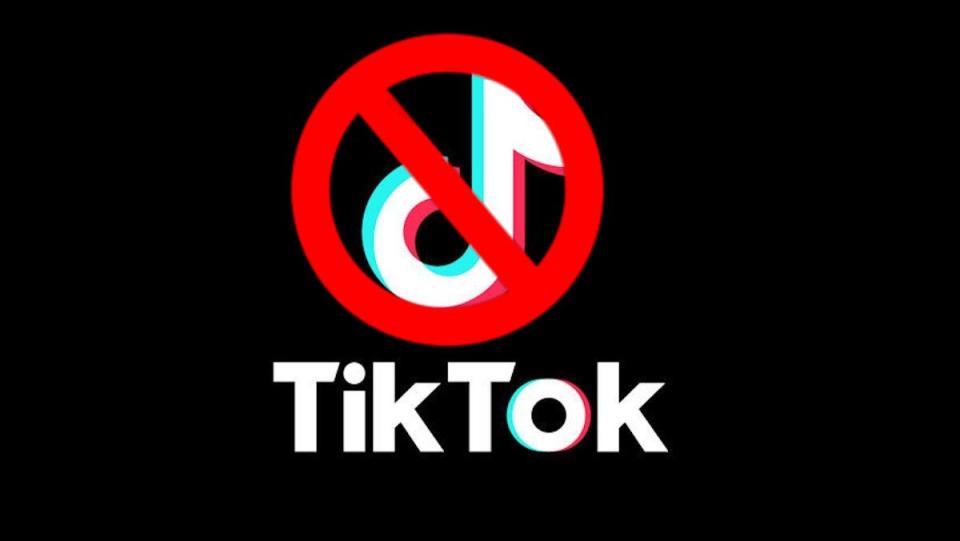After a long 8 hours of school, students spend a majority of their free time completing even more homework. Homework is critical to learning because it teaches students to practice and adapt to what is learned at school. However, an excessive amount can greatly impact students’ mental health such as heaps of stress and burnouts.
According to Graduate Programs for Educators, anything above 2 hours of homework is considered unhealthy and can cause much more harm than good. Considering students’ individual needs can be more effective at both learning and balancing their wellbeing.
In an article by Cross River Therapy, written in 2023, statistics show that 61% of teenagers between the ages of 13 and 17 feel stress over producing satisfactory grades. Teens are more prone to stress due to academics and is something that many should be aware of.
Yuri Carpio, a senior at San Rafael High School says, ”Sometimes it only takes me two hours to finish my homework but on some days I have to fit in more hours into my day or go to sleep later.” After a long day of school, ending at 3:45 pm, students have to complete their homework on time. The deadline of most assignments for students is 11:59 pm. Carpio says that she has experienced days in which she stays up until the deadline to wrap up her studies. Many parents notice, this isn’t an unusual occurrence for their children.
I work from 5-9 pm and when homework piles up, I tend to stay up late to complete them. There’s been instances where the amount of sleep I was getting wasn’t enough. It led to a shift in my sleeping schedule and I began to sleep late at night and wake up early in the morning. Throughout the day I would catch myself falling asleep during the most unusual times. It became this draining cycle where I was constantly tired and couldn’t eat well.
According to studies by the Columbia University Department of Psychiatry published in 2020, those with healthy backgrounds can experience anxiety and distress levels following poor sleep. By increasing loads of work, children are more likely to get less hours of sleep.
Large amounts of homework can interfere with activities that help students recharge .
“The only time I do something besides homework is when I play soccer, and that is still a school hobby. I don’t really ever have time to do things in my own free time,” says Giselle Reyes, a senior at San Rafael High School.
If there are only so many hours in a day, and most are consumed by school, students should be able to destress from it. Activities such as going on a run, simply hanging out with friends or grabbing a bite to eat, can all prevent future burnouts. Students are not able to develop their academic skills without having some sort of coping mechanism.
Parents may recall arguing with their children about finishing their homework before going out with their friends. Although homework is extremely important for their education, for students, being able to balance social life with school life can be very difficult as well. When students’ precious time is squandered, their ability to develop social skills decreases. These social skills such as, listening to others, getting along with others and communicating when needed, are all social skills that are essential for adulthood. During high school, students should be able to adapt to these skills in order to prepare them for the future.
“I have not noticed an increase in stress [during finals], per se. I notice an increase in burnout. I try to include games and low-stakes activities in addition to traditional study guides during review week,” says Erica Smith, the AVID teacher at San Rafael High School, while being asked about the final exams week. Burnouts can be caused by lack of recognition, lack of sleep and over exceeding their academic expectations. Burnouts can then lead to physical harm. Students sit for a long period of time and can experience back pain as well as unchanged headaches. A healthy immune system requires a healthy diet and good mental health but when students become too stressed, even their immune system is at risk.
Teachers play the role of assigning homework. Teachers have deadlines to complete each unit of the school year and may argue that giving less homework while trying to finish the unit can be difficult. They have a set of standards to follow and if less homework is assigned then students do not show big progress in learning the materials. The priority of learning is not to finish the unit quickly but to ensure that students are learning the curriculum in the right way. If the amount of homework is affecting students’ mental health, should that not be the priority?







































